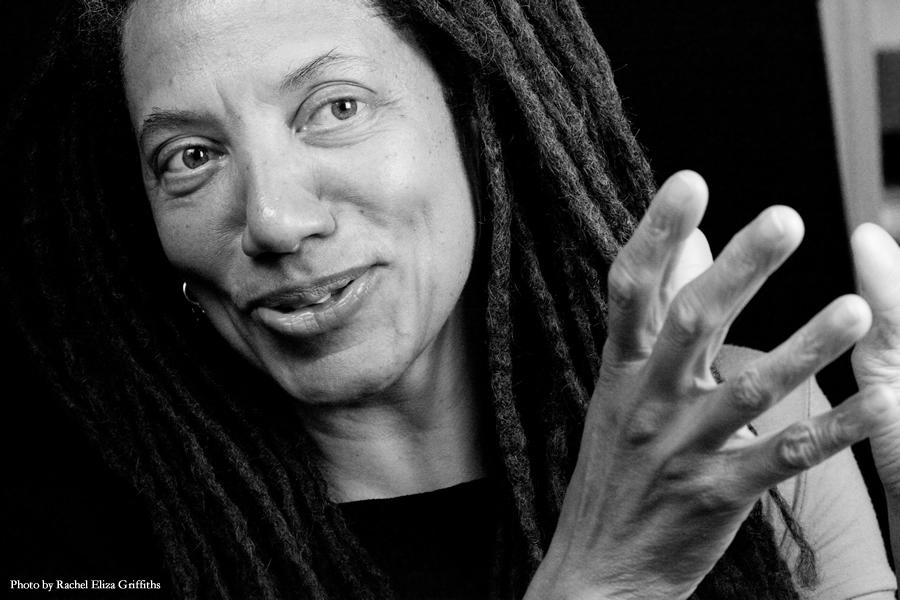 Two people with close ties to the University of Kentucky will be recognized for their achievements with honorary doctorates. The UK Board of Trustees approved awarding an Honorary Doctor of Humane Letters to William Harry Clarke and an Honorary Doctor of Humanities to Nikky Finney.
Two people with close ties to the University of Kentucky will be recognized for their achievements with honorary doctorates. The UK Board of Trustees approved awarding an Honorary Doctor of Humane Letters to William Harry Clarke and an Honorary Doctor of Humanities to Nikky Finney.
Clarke is professor emeritus of the UK School of Music, where he served for 43 years. He came to UK in 1965 as a teaching assistant for the marching band while working on his doctorate. In 1968, he became director of bands, a position he held for 21 years. During that time, Clarke grew the Wildcat Marching Band from 30 members to 300, expand the band to include women and established the band’s reputation as one of the best in the country. He also served as director of the UK School of Music and received the Kentucky Music Education Distinguished Service Award for his outstanding contributions to the field of music.
After retiring from UK in 2011, Clarke has served as an elected member of the Lexington-Fayette Urban County Council. He has served on the boards of Planning and Public Works, Public Safety, Friends of the Arboretum, Picnic with the Pops, the Tree Board and others. He also has served as vice president of OperaLex and the MoonDance Association.
Clarke earned his bachelor’s degree in music education from Delta State University, his master’s in music education at Vanderbilt University and his doctorate from UK.
Finney is the John H. Bennet Jr. Chair in Creative Writing and Southern Letters at the University of South Carolina. She spent more than 20 years as a faculty member at UK, where she held the Guy Davenport Endowed Professor of English. She was an influential educator and left a legacy of excellence in the departments of English, Creative Writing and African American and Africana Studies at UK.
Finney has written six books and dozens of poems and essays that explore and confront the experiences that have shaped life in the South for herself and other African Americans. Her work has been honored with multiple awards from organizations across Kentucky and the country — most notably the National Book Award for Poetry for her 2011 book “Head Off & Split.” Other honors include the NAACP Image Award for photography in 2012; awards from the Kentucky Arts Council and Kentucky Foundation for Women in 1994, 1995 and 1999; and the Golden Crown Literary Society Award in 2012.
Finney was active with UK’s Martin Luther King Center and helped co-found the Affrilachian Poets in 1991 to elevate voices and faces of the Appalachian region that had previously gone unrecognized by the world at large. She has further empowered African American writers and poets by serving as faculty on the Cave Canem Writing Retreat.
The honorary doctorates for Finney and Clarke were approved and recommended by the University Faculty Senate and the Joint Committee on Honorary Degrees. The honorary degrees will be conferred during future UK Commencement ceremonies.
The University of Kentucky is increasingly the first choice for students, faculty and staff to pursue their passions and their professional goals. In the last two years, Forbes has named UK among the best employers for diversity, and INSIGHT into Diversity recognized us as a Diversity Champion three years running. UK is ranked among the top 30 campuses in the nation for LGBTQ* inclusion and safety. UK has been judged a “Great College to Work for" two years in a row, and UK is among only 22 universities in the country on Forbes' list of "America's Best Employers." We are ranked among the top 10 percent of public institutions for research expenditures — a tangible symbol of our breadth and depth as a university focused on discovery that changes lives and communities. And our patients know and appreciate the fact that UK HealthCare has been named the state’s top hospital for four straight years. Accolades and honors are great. But they are more important for what they represent: the idea that creating a community of belonging and commitment to excellence is how we honor our mission to be not simply the University of Kentucky, but the University for Kentucky.
